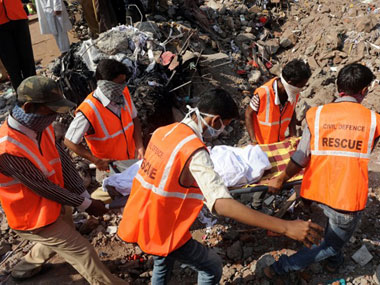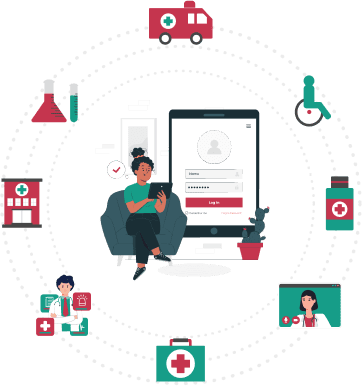Natural disasters can cause significant damage to communities, infrastructure and people's lives. In the event of a disaster, emergency medical services (EMS) play a critical role in responding to the needs of the affected population. This blog post will discuss the importance of EMS in disaster response and how they manage natural disasters.
Types of Disasters
There are many different types of disasters that can occur, each with their own unique challenges and requirements for EMS response. Natural disasters like hurricanes and floods can cause widespread destruction and displacement of communities, often leading to injuries and illnesses that require immediate medical attention. Man-made disasters like chemical spills or terrorist attacks can also pose a significant threat to public health and safety, requiring a swift and coordinated response from EMS professionals.
Crucial Role of Emergency Medical Services in Management Of Disaster
The role of EMS in managing natural disasters is multifaceted and complex. This includes assessing and triaging patients, providing medical treatment and transport and communicating with other emergency responders to ensure a cohesive response. Let's discuss each point in detail..
1- Early Response and Rapid Assessment
The first responders to a disaster are often EMS personnel. They provide critical care to victims in the immediate aftermath of a disaster, including triaging injuries, providing first aid and transporting patients to medical facilities. EMS providers are trained to assess and respond quickly to medical emergencies, which is crucial in managing natural disasters where every second counts. Rapid assessment of the situation can help emergency responders to prioritize their actions and allocate resources effectively.
2- Coordination and Communication
EMS providers are not just responsible for providing medical care to victims; they also play a significant role in coordinating the response efforts of other agencies. Effective communication between EMS providers, hospitals and other responders is essential to ensure that resources are utilized effectively. EMS providers are trained to communicate critical information effectively and efficiently, which is vital in a disaster scenario.
3- Resource Management
EMS providers are responsible for managing resources such as medical supplies, equipment and personnel during a disaster. They must work closely with other agencies to ensure that resources are distributed appropriately and the needs of the victims are met. EMS providers must ensure that medical supplies and equipment are adequately stocked and personnel are well-trained to respond to emergencies.
4- Psychological Support
During a disaster, victims may suffer from psychological trauma and EMS providers play a critical role in providing psychological support. EMS personnel are trained to recognize signs of psychological distress and provide support to victims. They are also responsible for ensuring that victims receive the necessary care and support to cope with the trauma of the disaster.
Conclusion
In conclusion, emergency medical services play a vital role in disaster response and management. They are responsible for managing the medical needs of those affected by disasters, providing life-saving treatment and transporting patients to hospitals. EMS teams are an essential part of disaster preparedness, prevention and response. They work closely with other first responders to ensure that the affected population receives the care they need. It is essential to recognize the critical role that emergency medical services play in disaster response and management and to provide them with the resources and support they need to carry out their responsibilities effectively.






